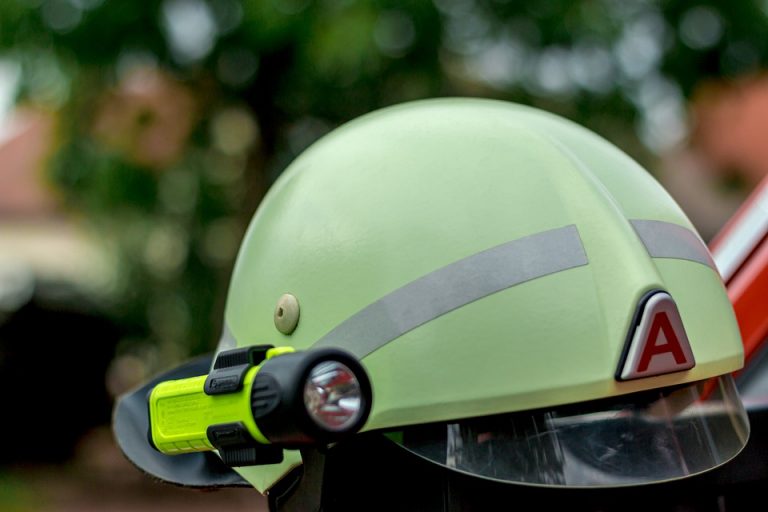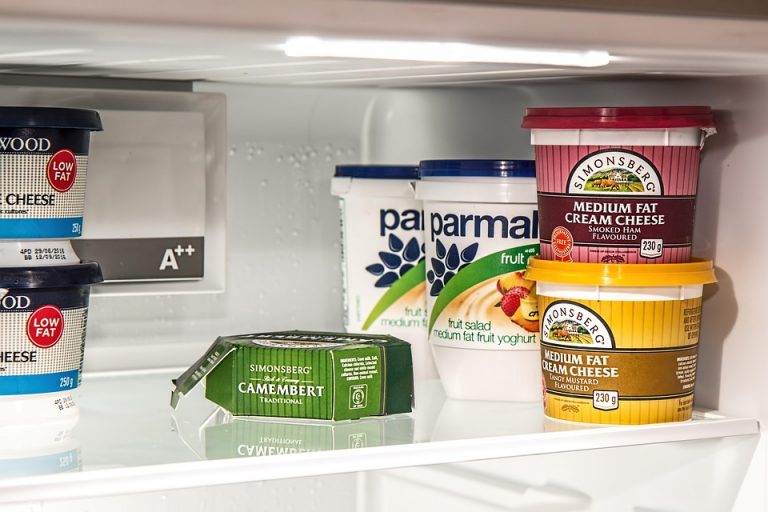You don’t have to be a tech wizard to understand how to secure your crypto assets today. With the rise of digital currencies, protecting your investments has never been more crucial. Whether you’re just starting or you’ve got a portfolio worth bragging about, knowing how to keep your crypto safe is essential for peace of mind and financial security.
Contents
What Are Crypto Assets?
Crypto assets are digital currencies that use cryptography for security, making them hard to counterfeit. They’re decentralized, often existing on the blockchain—a technology that records transactions across multiple computers. This means no single entity has control over them. As more people invest in crypto, the importance of securing your assets becomes paramount.
Why You Should Care
Every day, headlines scream about hacks, scams, and lost fortunes in the crypto world. Your hard-earned money deserves protection. Understanding how to secure your crypto assets not only safeguards your investment but also builds your confidence as a savvy investor.
Let’s dive into seven essential tips that will help you secure your crypto assets today.
1. Use a Hardware Wallet
If you’re serious about securing your crypto assets, a hardware wallet is a must.
- What is it? A hardware wallet is a physical device that stores your crypto offline.
- Why use it? It’s less vulnerable to hacks than online wallets or exchanges.
Think of it as a safe for your cash. You wouldn’t leave your cash lying around, right?
Recommended Hardware Wallets
- Ledger Nano X: Portable and user-friendly.
- Trezor Model T: Touchscreen interface and supports numerous cryptocurrencies.
Investing in a hardware wallet is one of the smartest moves you can make.
2. Enable Two-Factor Authentication (2FA)
Two-factor authentication adds an extra layer of security to your accounts.
- How does it work? 2FA requires not just your password, but also a second piece of information—like a code sent to your phone.
Imagine someone trying to access your account. Even if they have your password, they can’t get in without that code.
Set Up 2FA
Look for the option in your cryptocurrency exchange or wallet settings, and enable it immediately.
3. Be Wary of Phishing Scams
Phishing scams are prevalent in the crypto space.
- What are they? Scammers impersonate legitimate services to steal your login credentials or funds.
- How to spot them? Look for suspicious emails, misspellings, or links that don’t match the official site.
Always double-check URLs. If it feels off, it probably is.
4. Keep Your Software Updated
Keeping your software updated is crucial for security.
- Why? Developers regularly patch vulnerabilities that hackers exploit.
- What to update? Your wallets, devices, and any software used for trading or managing crypto.
Set reminders to check for updates regularly. It’s a small task that makes a big difference.
5. Diversify Your Storage Methods
Don’t put all your eggs in one basket.
- What does this mean? Use different wallets and storage methods to spread out your crypto assets.
- Why? If one wallet gets compromised, not all your assets are at risk.
Consider keeping some assets in a hardware wallet, some in a mobile wallet, and perhaps a small portion in an exchange for trading.
6. Educate Yourself on Security Practices
Knowledge is your best defense.
- Stay informed about the latest security trends in the crypto world.
- Follow experts in the field. Websites like CoinDesk and CoinTelegraph offer valuable insights.
Taking the time to learn can save you a lot of heartache down the road.
7. Regularly Monitor Your Accounts
Don’t just set it and forget it.
- What to do? Check your accounts regularly for unusual activity.
- Why? Early detection can help you take action before it’s too late.
Consider setting alerts for transactions or changes to your accounts.
Bottom Line
Securing your crypto assets today isn’t just a smart move; it’s a necessity in this digital age.
By following these seven essential tips, you’re not only protecting your investment but also empowering yourself as a responsible investor.
Your financial security starts now. Take these steps to ensure your crypto assets are safe and sound.
FAQ
Q: What is the safest way to store my crypto?
A: The safest way is to use a hardware wallet, complemented by 2FA and regular security practices.
Q: How do I know if my crypto account has been compromised?
A: Regularly monitor your accounts for unusual activity and set up alerts for transactions.
Q: What should I do if I suspect a phishing scam?
A: Report it immediately to the service being impersonated and change your passwords.
Q: Is it necessary to update my software?
A: Yes, keeping your software updated protects you from known vulnerabilities and exploits.
Your journey into the world of cryptocurrency doesn’t have to be fraught with danger. Equip yourself with knowledge and these essential tips to secure your crypto assets today.








